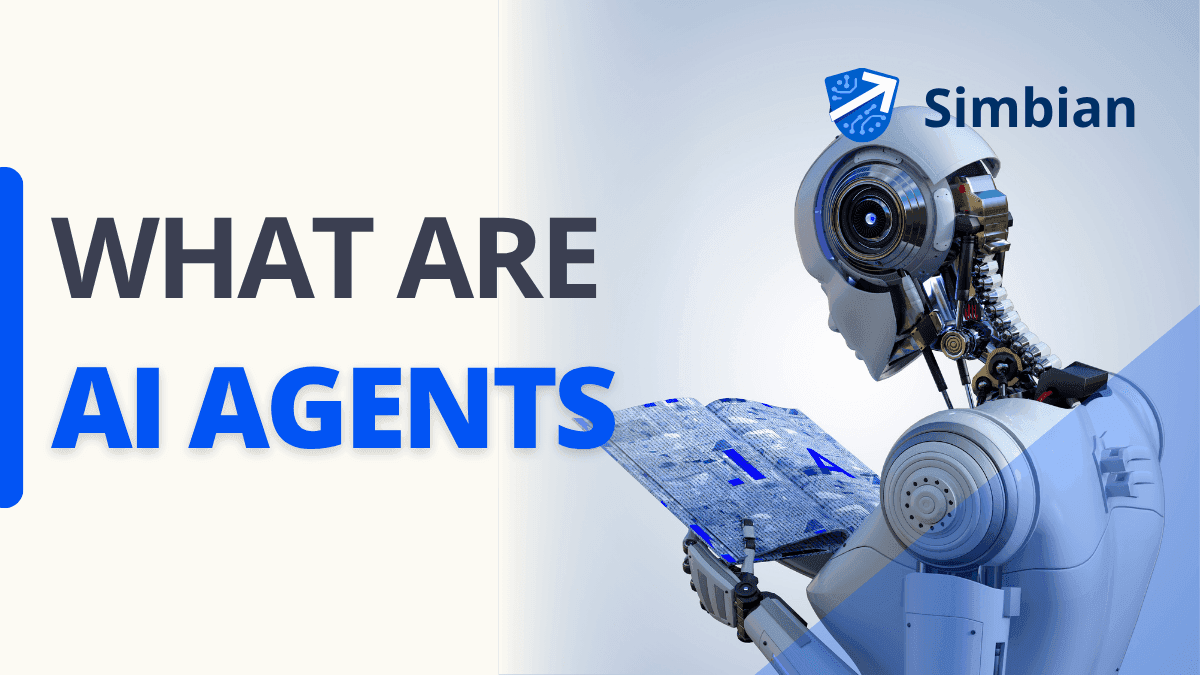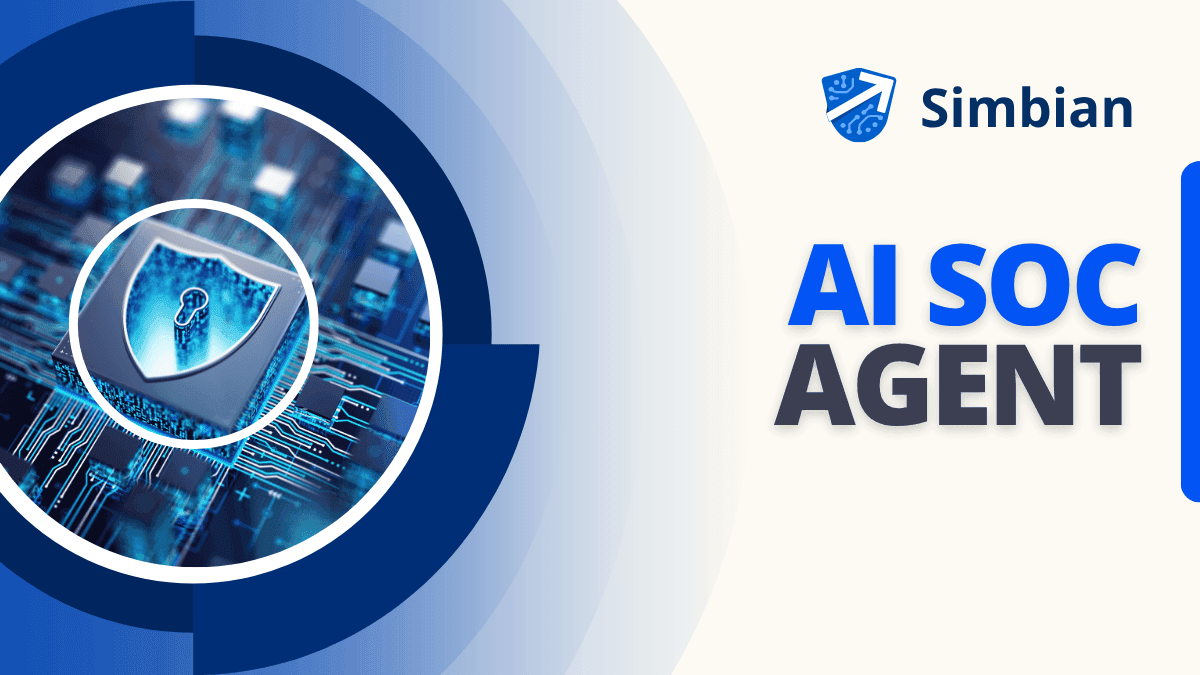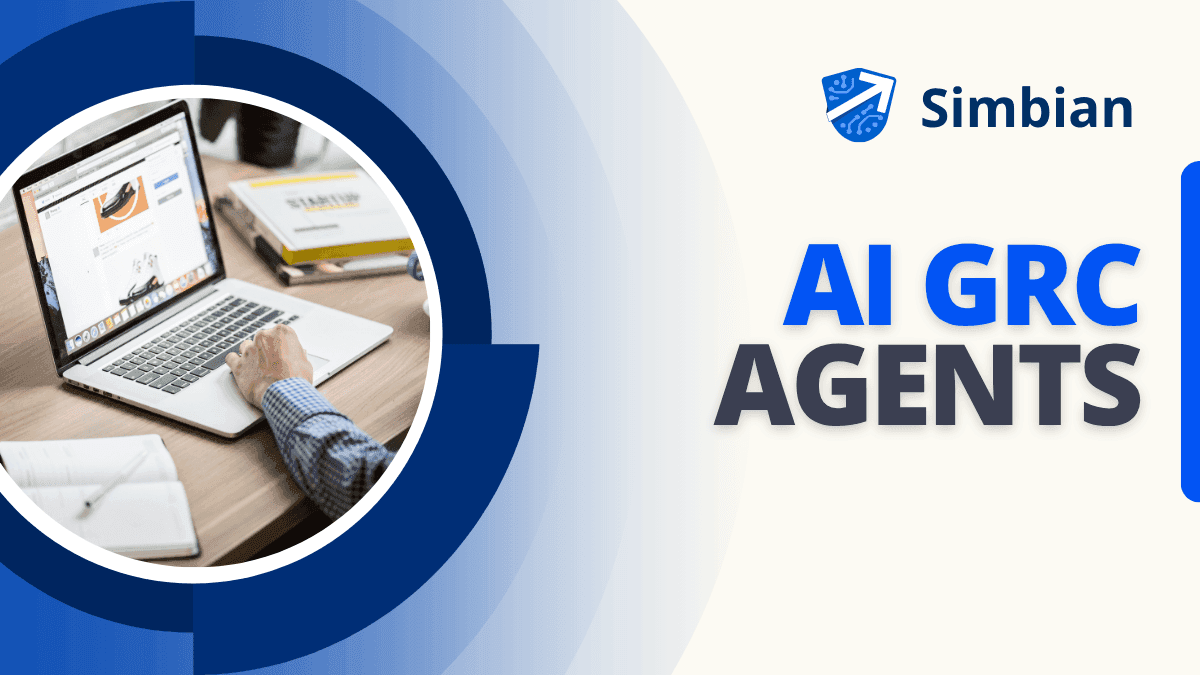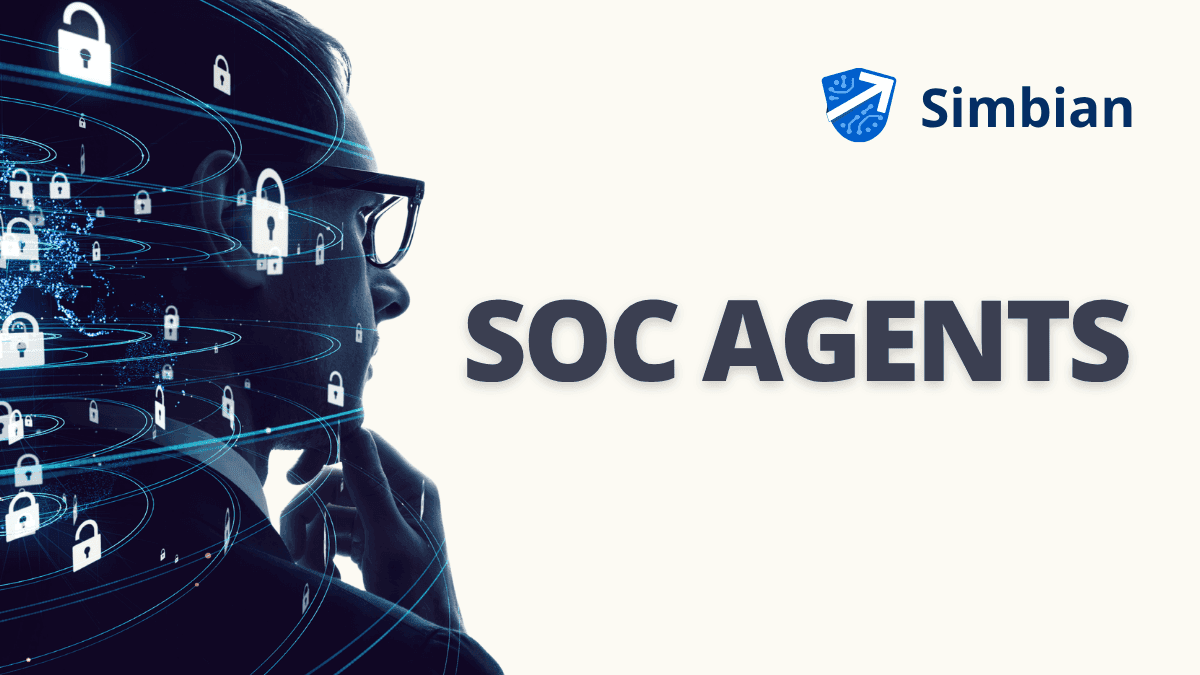Learning Center

AI Agents 101
Learn about AI Agents and their applications in cybersecurity - how they work, their potentials, and the pitfalls

AI SOC Agent
Learn about the ways SOC Agents can help triage and investigate security alerts, and be a force multiplier for SOC Analysts.

AI Agents in GRC
Learn how to use AI Agents to automate various GRC tasks and improve quality of third-party risk review with help of large language models

AI Agents in the SOC
Learn about the ways SOC Agents can help triage and investigate security alerts, and be a force multiplier for SOC Analysts.
